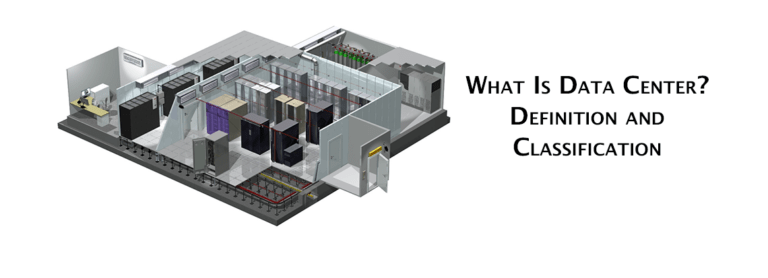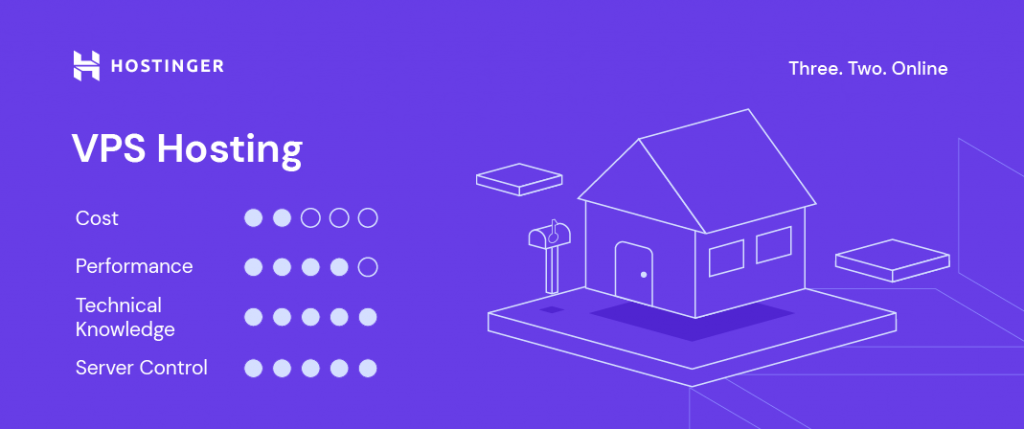The colocation segment of the US data center market, a core component of the overall Data Center Growth Statistics, has evolved into a clear and distinct "tale of two tiers," each with its own business model, customer base, and competitive dynamics. The first, and by far the largest in terms of new capacity being deployed, is the "wholesale" colocation market. In this model, a data center provider leases a large, private suite or even an entire building to a single, massive tenant. This market is almost exclusively driven by the insatiable demand from the hyperscale cloud providers and a handful of other large technology companies. A wholesale lease is typically a long-term contract for a large block of power and space, often measured in multiple megawatts. The data center provider is essentially acting as a specialized real estate developer, providing the "powered shell" (the secure building with the power and cooling infrastructure), while the hyperscale tenant brings in and manages their own servers and networking equipment. This is a high-volume, lower-margin business that is all about achieving economies of scale and speed to market. The wholesale market is the engine room of the cloud, providing the physical capacity that the hyperscalers need to fuel their global expansion and is a primary contributor to the industry's growth statistics.
Key Players
The key players in the US colocation market often specialize in one of these two tiers. In the wholesale market, the key players are the major data center REITs like Digital Realty and a host of large, private-equity backed developers who have built their entire business models around serving the hyperscalers. Their expertise lies in large-scale development and construction. In the retail interconnection market, Equinix is the undisputed key player and global leader. Its massive global platform of highly connected data centers makes it the "digital crossroads" for a huge portion of the internet's traffic. While there is some overlap (Digital Realty also has a strong retail and interconnection business, and Equinix is also serving some hyperscale demand), the two tiers are largely served by companies with different core competencies and strategic focuses. The major US enterprises are the primary consumers of these services, choosing between wholesale and retail based on the scale and connectivity requirements of their specific applications.
The second tier of the market is the "retail" colocation market. In this model, a data center provider leases out smaller amounts of space, often just a single cabinet or a small cage, to a much larger number of smaller customers. The customers for retail colocation are typically a diverse mix of medium and large enterprises from a wide range of industries, as well as network service providers and other technology companies. The value proposition of retail colocation is different from wholesale. While space and power are still important, the primary value is often in the rich ecosystem of network and cloud connectivity that is available within the data center. These retail colocation facilities act as major "interconnection hubs," where hundreds of different companies can directly and privately connect to each other. For an enterprise, placing their servers in one of these facilities gives them low-latency access to a wide choice of network carriers and direct, private "on-ramps" to all the major cloud providers. This is a higher-margin, more service-oriented business than wholesale colocation, focused on providing connectivity and ecosystem value, not just space and power.
Future in "Data Center Growth Statistics"
The future of the US colocation market will see a continuation of this two-tiered structure, with both segments continuing to contribute to the industry's growth statistics, but driven by different factors. The wholesale market's future will be entirely dictated by the AI-driven capacity demands of the hyperscalers, leading to a focus on even larger, higher-density builds in new geographic markets with available power. The future of the retail colocation market will be about moving up the value chain and providing a greater range of managed and interconnected services. This will include offering more sophisticated, software-defined interconnection platforms that make it easier for customers to provision and manage their connections to different clouds and partners. The retail providers will also play a key role in the build-out of the "edge," creating a distributed network of smaller interconnection hubs in Tier 2 and Tier 3 cities. This is a level of market segmentation that is far more pronounced in the mature North American market than in emerging data center markets in South America or Africa, where the distinction between wholesale and retail is often less clear.
Key Points "Data Center Growth Statistics"
This analysis highlights several crucial points about the US colocation market. The market is clearly segmented into a high-volume "wholesale" tier serving the hyperscalers and a high-value "retail" tier focused on enterprise and network interconnection, both of which are key to the overall growth statistics. The key players are a mix of large wholesale developers like Digital Realty and the dominant interconnection provider, Equinix. The future will see the wholesale market being driven by AI capacity needs, while the retail market will focus on providing more sophisticated, software-defined interconnection and edge services. Understanding this "tale of two tiers" is essential for a complete picture of the US data center market and its competitive dynamics. The Data Center Growth Statistics is projected to grow to USD 150.11 Billion by 2035, exhibiting a CAGR of 7.82% during the forecast period 2025-2035.
Top Trending Reports -
Grocery And Pharmacy Point Of Sale Terminal Market Size
Hard Facility Management Market Size
High Definition Hd Voice Market Size






